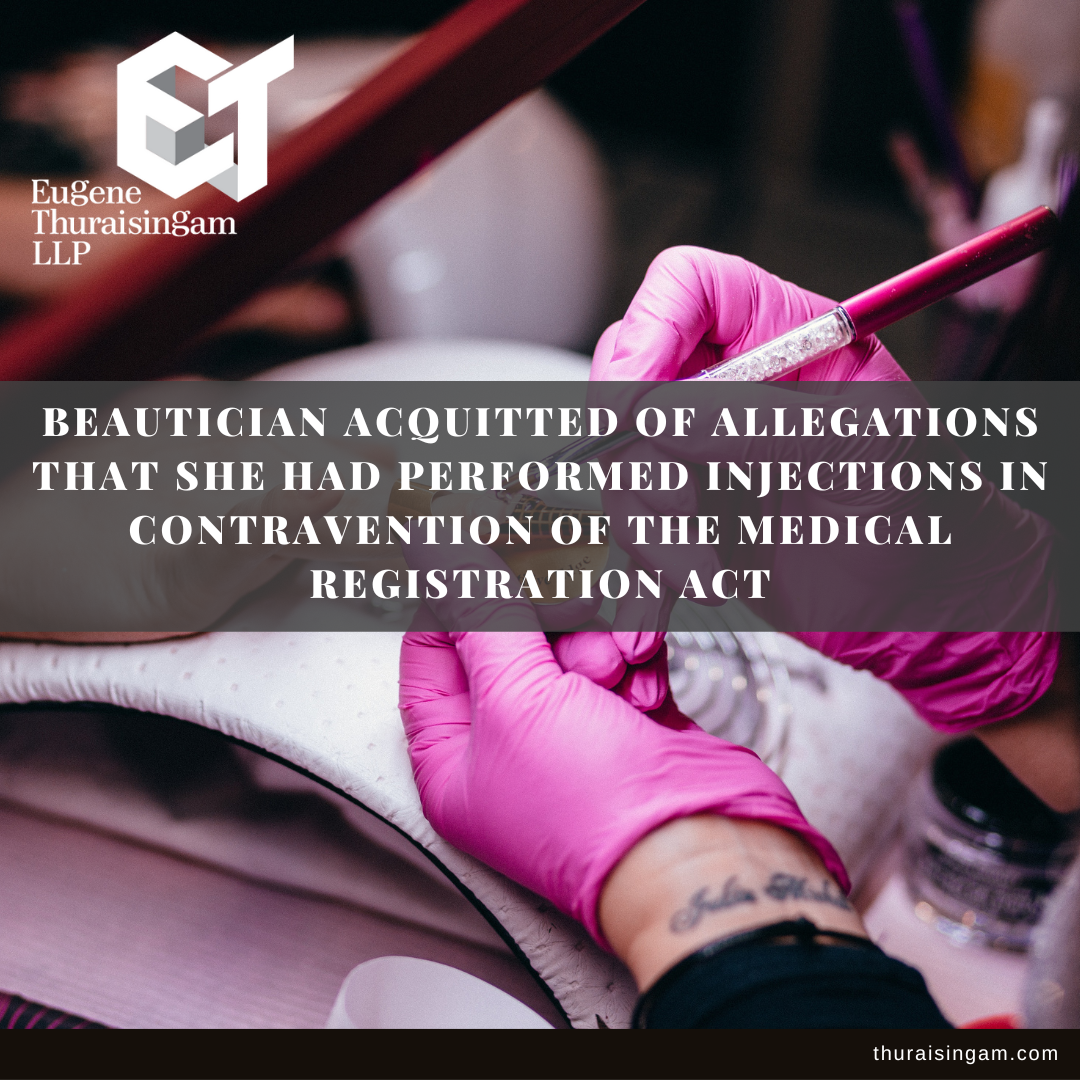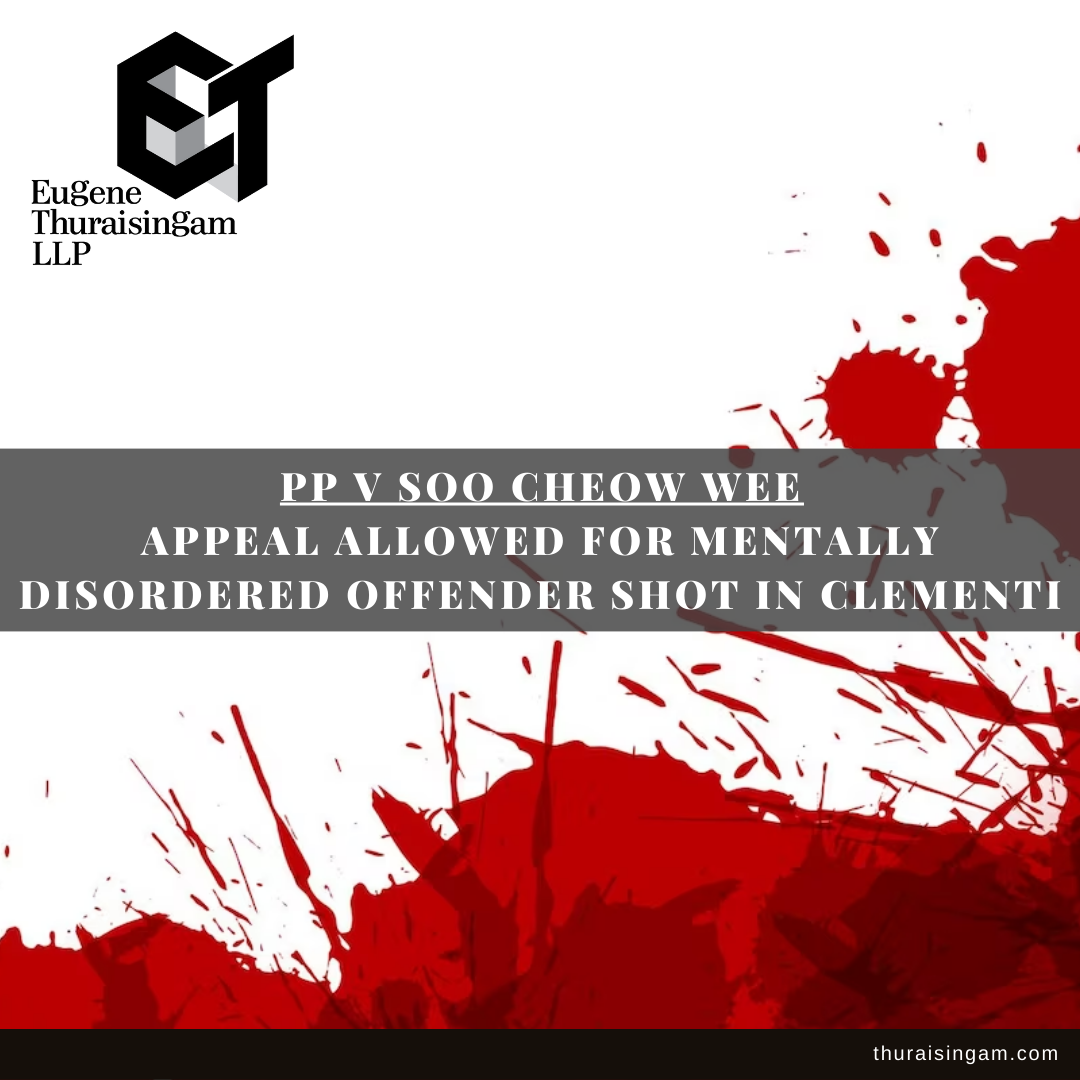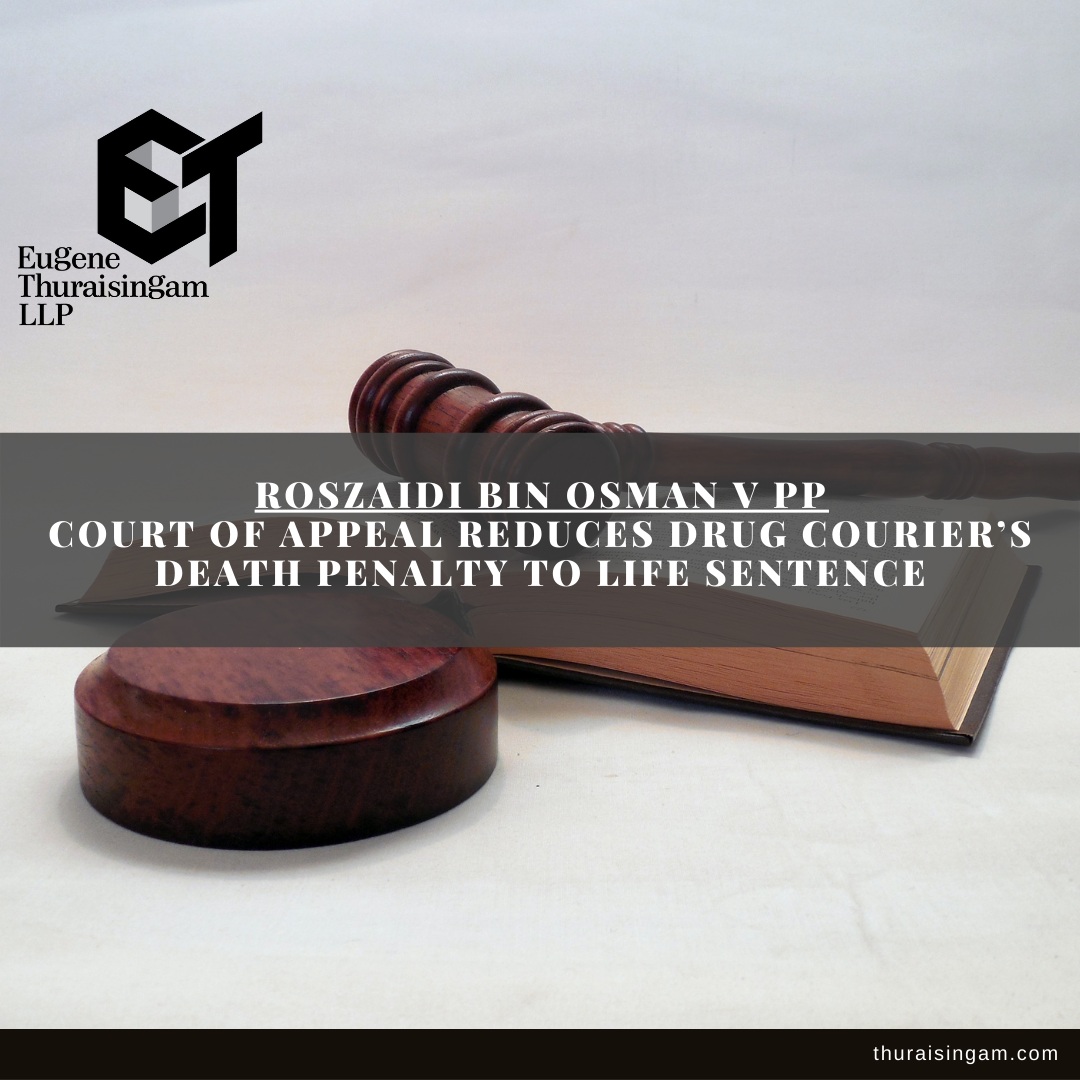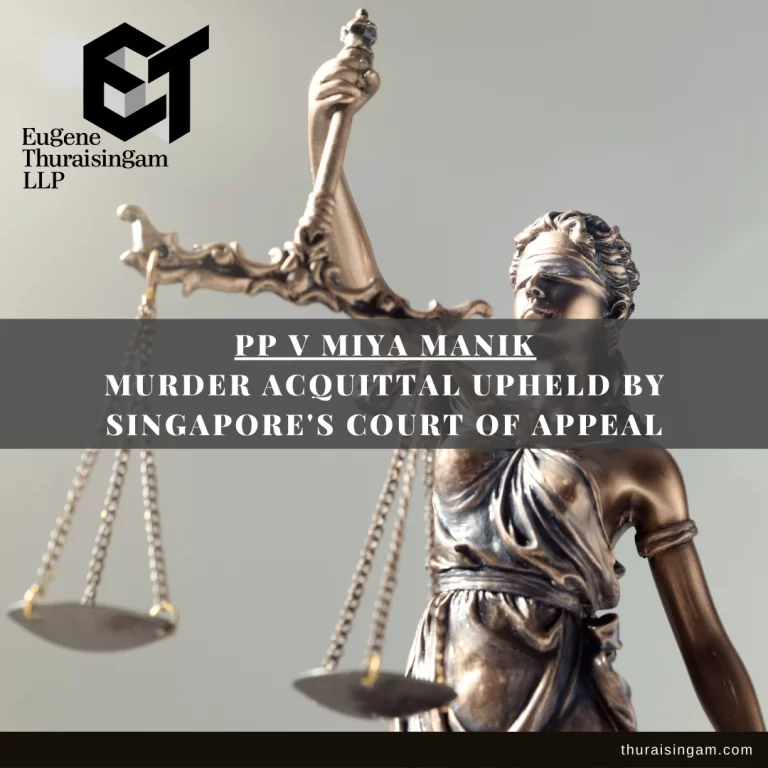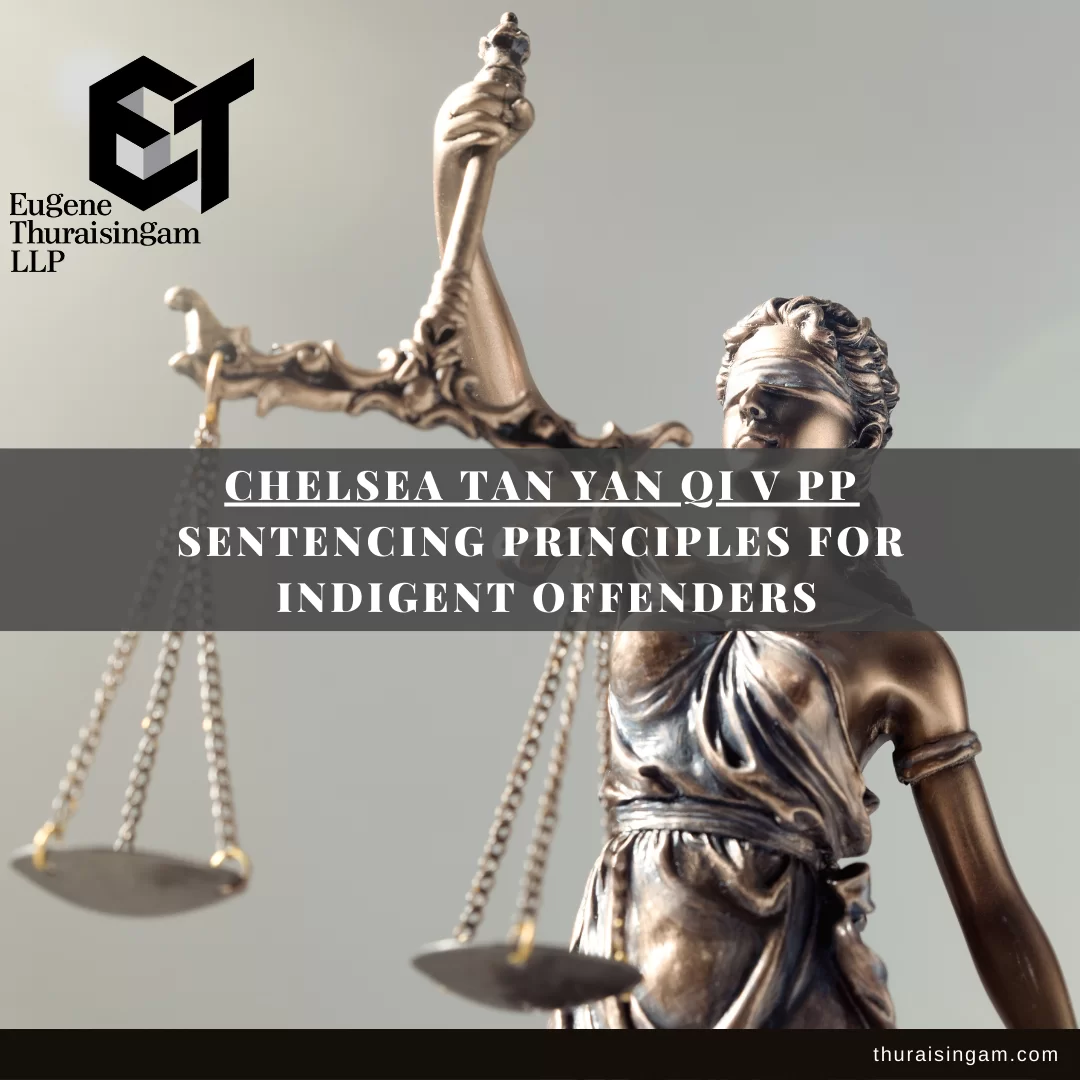Singapore Court of Appeal Potentially Erred in Convicting the Accused
Ilechukwu Uchechukwu Chukwudi v PP [2017] SGCA 44
1. Introduction
We have acted for the accused in this criminal case since 2013 as assigned counsel under the Legal Assistance Scheme for Capital Offences.
Ilechukwu Uchechukwu Chukwudi (“Ilechukwu”) came from Nigeria to Singapore for business and was delivering a bag on behalf of a trusted friend to Hamidah Binte Awang (“Hamidah”) in Singapore.
Ilechukwu’s charge read
That you, ILECHUKWU UCHECHUKWU CHUKWUDI
on 13th day of November 2011, sometime between 10.16 p.m. and 11.34 p.m. along River Valley Road Singapore, did traffic a ‘Class A’ controlled drug listed in the First Schedule to the Misuse of Drugs Act (Cap 185, 2008 Rev Ed), to wit, by giving to one Hamidah Binte Awang (NRIC No. S1723602D) two packets containing 2,496 grams of crystalline substance, which was analysed and found to contain not less than 1,963.3 grams of methamphetamine, without any authorization under the said Act or the Regulations made thereunder, and you have thereby committed an offence under section 5(1)(a) and punishable under section 33 of the said Act, and further upon your conviction under section 5(1) of the said Act, you may alternatively be liable to be punished under section 33B of the said Act.
2. Background
In 2014, we had conduct of the accused’s trial, in which the High Court judge acquitted the accused of the charge of drug trafficking (Public Prosecutor v Hamidah Bte Awang and another [2015] SGHC 4).
However in 2015, the Court of Appeal reversed the High Court judge’s acquittal and convicted him the accused as charged. The Court of Appeal then remitted the matter to the High Court judge to rule on whether the accused should be sentenced to death, or to life imprisonment (Public Prosecutor v Ilechukwu Uchechukwu Chukwudi [2015] SGCA 33).
In 2017, while the High Court sentencing proceedings were still on-going, we had conduct of the applicant’s application to the Court of Appeal to review its previous decision in 2015. This was on the basis that certain medical evidence which transpired after the Court of Appeal’s 2015 decision showed there was a powerful probability that the Court of Appeal made an error in convicting the accused. For the first time in Singapore’s legal history, the Court of Appeal agreed with us that there was a powerful probability that it had made an error in its 2015 decision.
3. Conclusion
The Court of Appeal accordingly remitted the matter to the High Court judge, to hear further evidence and make findings on issues arising from the new medical evidence. At a subsequent stage, the Court of Appeal will then make a final decision on whether the appellant is guilty or innocent.

